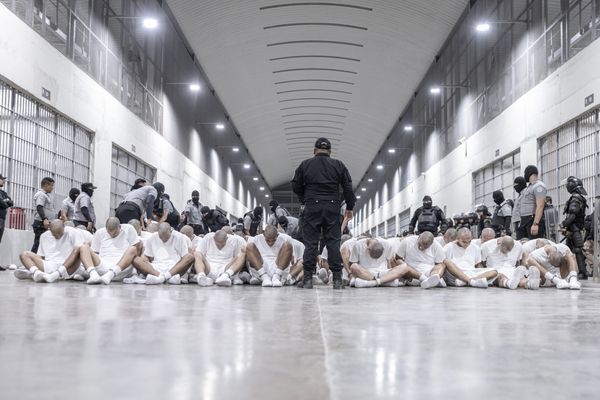
The Donald Trump administration is moving to significantly reshape the Public Service Loan Forgiveness (PSLF) program, aiming to restrict student loan cancellation for employees of organizations deemed to be engaged in “illegal activities.”
What Happened: A draft proposal from the U.S. Education Department, set to take effect in July 2026, outlines new criteria that could impact a vast array of public and non-profit employers, sparking concerns among advocates.
The core of the proposed overhaul targets organizations involved in activities such as “aiding or abetting” federal immigration law violations, supporting foreign terrorist organizations, or violating the Civil Rights Act of 1964, particularly regarding diversity, equity, and inclusion (DEI) policies.
Most controversially, the draft includes “engaging in the chemical and surgical castration or mutilation of children,” defining this to include hormone therapy or puberty blockers for individuals under 19. This directly targets entities providing gender-affirming care to transgender youths.
Regarding these significant policy changes, the U.S. Department of Education did not respond to an email seeking commentary sent by Benzinga.
Critics, however, fear the changes grant the Education Secretary subjective authority, potentially allowing entire hospital systems, state governments, or universities to be deemed ineligible for political reasons.
Betsy Mayotte, president of the Institute of Student Loan Advisors, viewed the proposal as “politically motivated and perhaps will be used as a tool for political punishment,” as reported by the Associated Press.
See Also: Stocks Just Hit Rare Golden Cross For 1st Time Since 2023 — Here’s What It Means For Investors
Why It Matters: The PSLF program currently allows government employees, teachers, firefighters, and many non-profit workers to have their federal student loans canceled after 10 years of payments.
President Trump, who ordered these changes in March, stated the program had “misdirected tax dollars into activist organizations.”
Beyond the specific definitions, the proposal also requires employers to certify that they do not engage in illegal activities, raising further concerns about administrative hurdles.
This move could block large numbers of borrowers from receiving forgiveness, effectively forcing them into new jobs or facing continued debt.
The formal proposal will undergo a public comment period before finalization, with its implementation expected in July 2026.
Read Next:
Disclaimer: This content was partially produced with the help of AI tools and was reviewed and published by Benzinga editors.
Photo courtesy: Joey Sussman / Shutterstock.com







